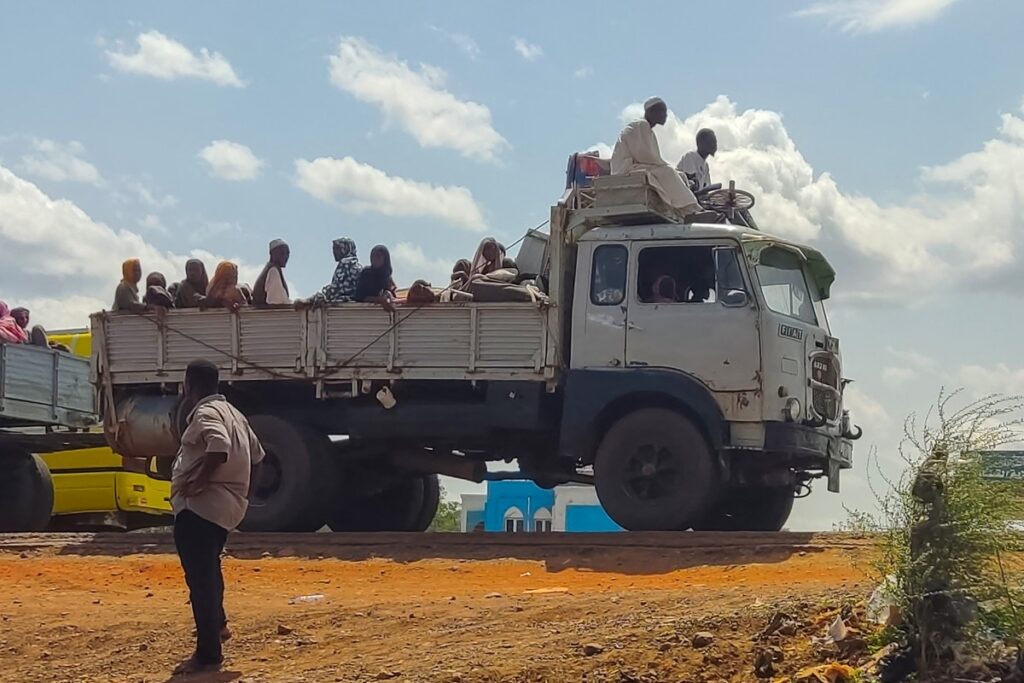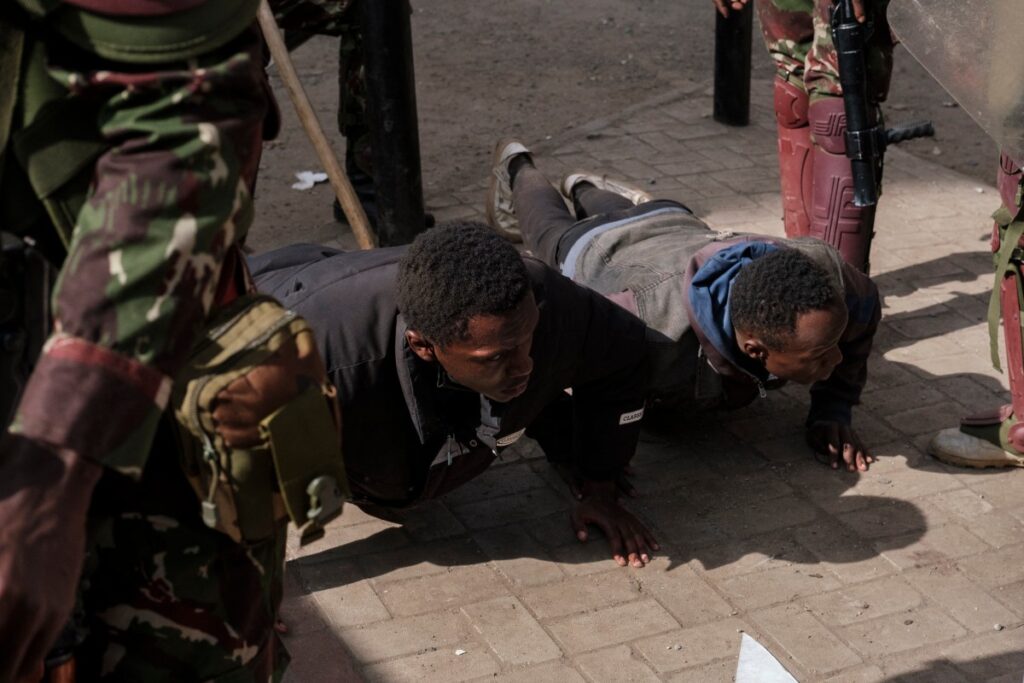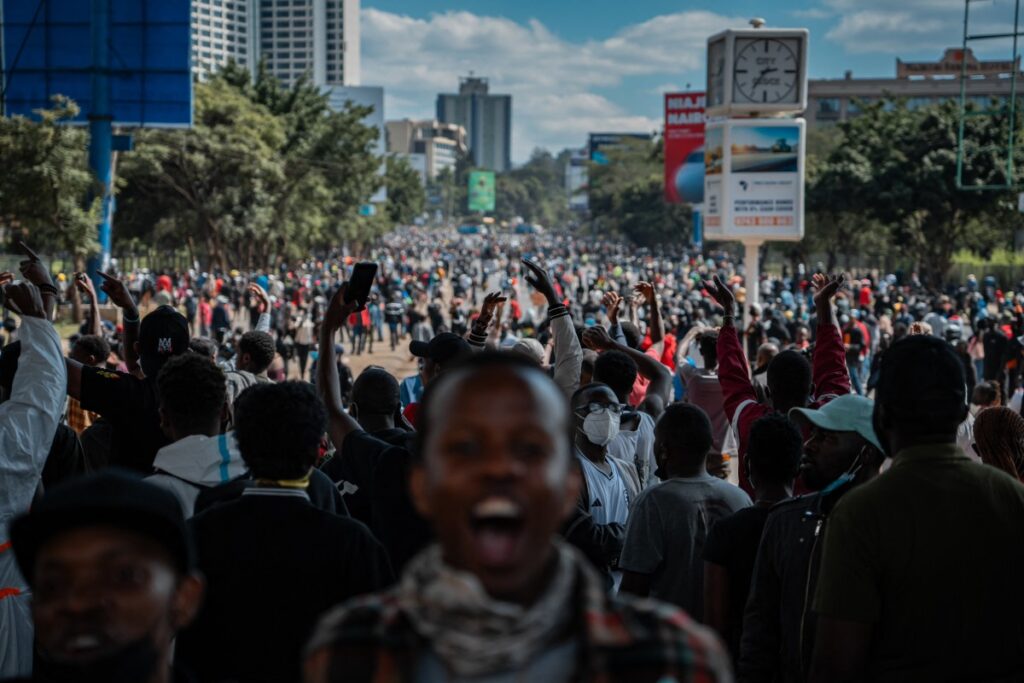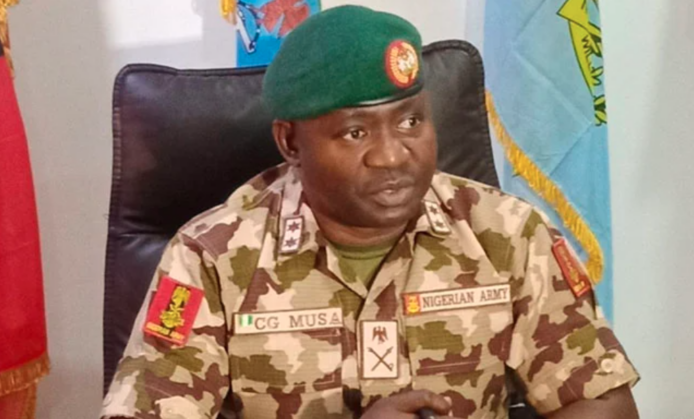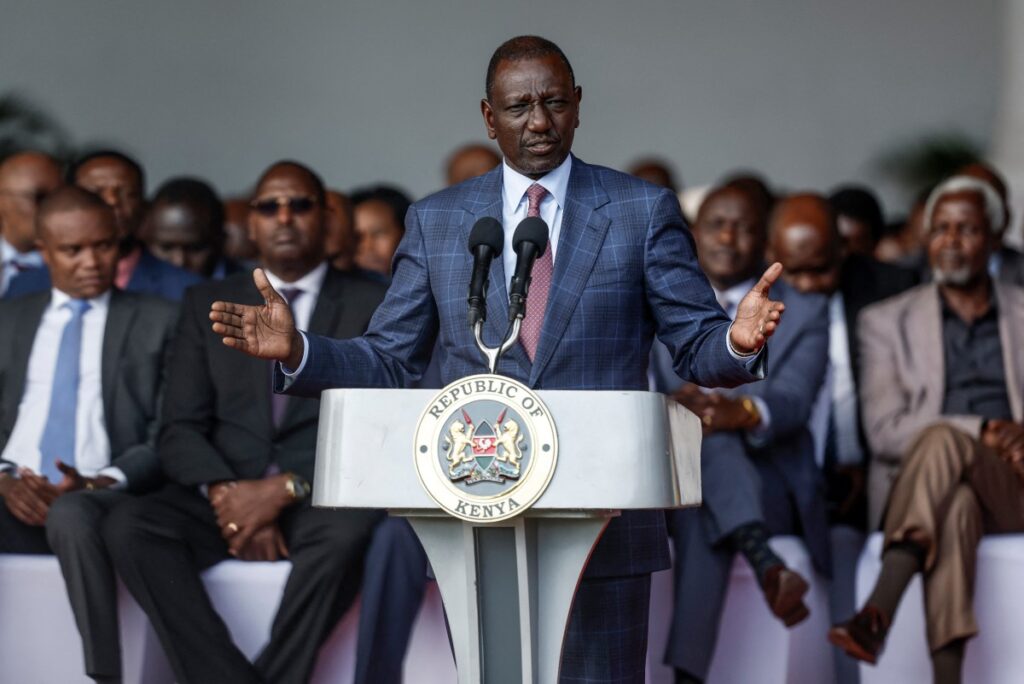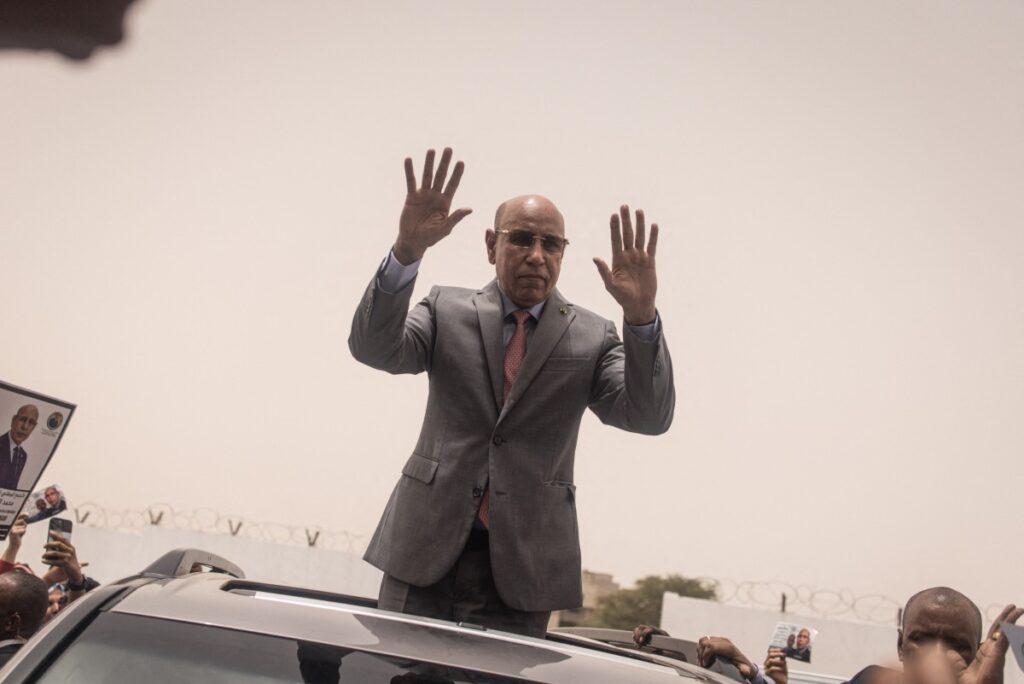
Salem Bazoum left for Togo after mediation efforts by regional leaders led to him being freed. He was detained along with his parents at the presidential palace.
His parents remain in detention, with the junta, led by General Abdourahamane Tchiani, refusing to bow to diplomatic pressure to release them.
In a statement, the military tribunal said the release of Bazoum Jnr was provisional, and it would be “up to him to respond to justice as soon as he is required to do so”.
He had been charged with conspiracy to undermine the authority of the state following the coup.
In October, the junta alleged that the ousted president and his family, his two cooks and two security officials made a failed attempt to escape.
Togo’s Foreign Minister Robert Dussey came to Niger to escort Bazoum Jnr out of the country, the tribunal’s statement said.
Togo’s government confirmed his release, but did not give details of his whereabouts.
The development elicited commendation from Nigeria’s Minister of Foreign Affairs, Ambassador Yusuf Tuggar, who in a statement, stressed that it was a logical step to return normalcy to the beleaguered country.
Tuggar, who is also the Chairperson of the Mediation and Security Council of the Economic Community of West African States (ECOWAS), said: “It is a logical step in bringing normalcy back to the country and the region in general.”
He again called on the government led by Tchiani to hasten the release of Mohammed Bazoum from its custody and allow him to fly to a third country as a step towards further talks on lifting sanctions and to initiate the transition to constitutional rule in the interest of the people, peace and stability of Niger and the region.
The global outcry that the coup in Niger generated was unprecedented such that ECOWAS chaired by Nigeria’s President Bola Tinubu, imposed a raft of sanctions against the regime.
However, ECOWAS threat of the use of force to restore democratic order in Niger met with stiff opposition from varied groups, including West African lawmakers in the ECOWAS Parliament.



